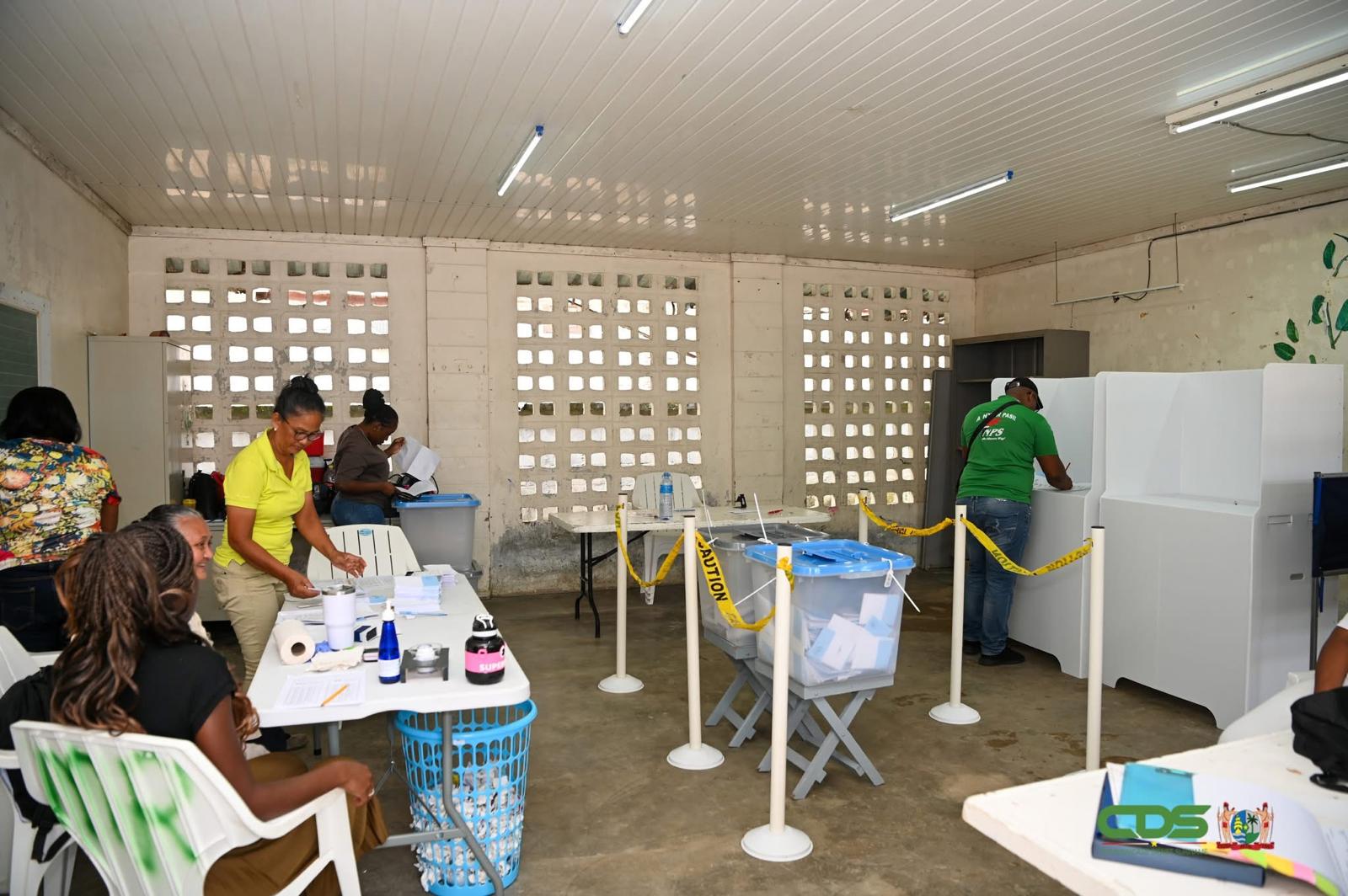PARAMARIBO, SURINAME – Suriname’s 2025 general elections have yielded a dramatic outcome that is both reflective of the country’s political fragmentation and indicative of the challenges ahead in forming a government and charting a united course for the country’s oil future.
Preliminary results from the Ministry of Internal Affairs show that the National Democratic Party (NDP) has secured the largest share of votes, 81,784 (33.97%), with the VHP close behind at 77,707 votes (32.26%).
The NDP has so far won 18 seats, while the VHP has secured 17.
A result that strongly suggests coalition building will be essential, despite pre-election declarations that complicate this path. Notably, NDP’s Sergio Akiemboto had previously stated that the party would not cooperate with President Chandrikapersad Santokhi’s VHP.
The development of offshore reserves promises to transform the country’s economy. | OilNOW
The two parties differ strongly on managing Suriname’s emerging oil and gas wealth, further complicating a potential coalition, pending a final vote count. Both NDP and VHP have previously stated their commitment to accelerating offshore development, though with differing approaches. VHP focuses on policy continuity and fiscal discipline, while NDP leans toward redistributive, populist policies and a potential shift toward China.
The continuity or shift in leadership could also influence the pace of licensing rounds, local content policies and engagement with multinational firms. Suriname is set for a wave of oil and gas exploration, with industry giants Shell, TotalEnergies, and Chevron leading efforts to tap into the country’s promising offshore reserves.
GranMorgu marks Suriname’s first offshore oil development, with reserves estimated at 750 million barrels. Output is forecast to reach 200,000 barrels a day in 10 years, trailing its neighbor Guyana’s current output of about 700,000 barrels a day. First oil is targeted for 2028.
Additional election results show ABOP and NPS securing six seats each, with the other smaller parties like PL, A20, and BEP trailing behind.
Despite the tight race, voter turnout was notably low. Only 63% of eligible voters participated, an outcome anticipated by many political observers. In the weeks leading up to the election, citizens repeatedly voiced their disillusionment with the political system.
Interviews conducted by OilNOW revealed widespread apathy, with many respondents stating they would abstain from voting due to disappointment in the current administration and a lack of faith in alternatives.
As coalition talks begin, all eyes will be on the key players to see whether they can overcome political friction and form a government capable of guiding the country through an economically pivotal decade.



